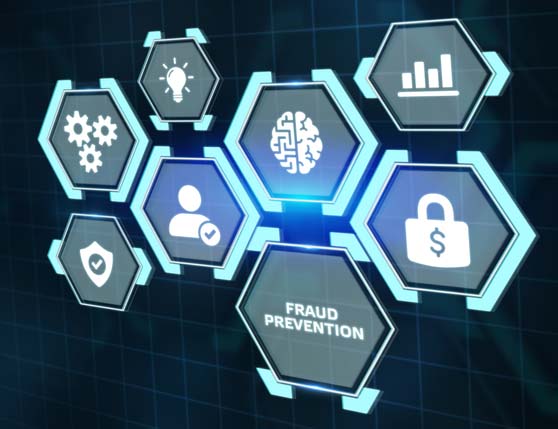Community Banks and Credit Unions: Leveraging Relationships to Combat the Rise of Check Fraud
- ICBA data reveals a nearly 100% increase in check fraud from 2021 to 2022
- "Institutional knowledge" is decreasing regarding check security
- ICBA offers suggestions for community banks in the face of this growing challenge
The Independent Community Bankers of America (ICBA) -- noting Financial Crimes Enforcement Network data that reveals a nearly 100% increase in check fraud from 2021 to 2022 -- recently posted advice for community banks in the face of the growing fraud threat.

In recent years, community banks across the nation have seen a drastic rise in check fraud. To compound the issue, many community banks are faced with challenges getting funds reimbursed from the banks of first deposit and are left to reimburse affected customers even when the community banks aren’t liable for the fraud.
Leveraging Relationships to Combat Check Fraud
One factor noted is the depletion of the financial industry’s institutional check knowledge. As the number of checks in circulation has dropped with the new popularity of peer-to-peer payments, ACH, and other electronic means to transfer money, there has been a resultant decline the training required to detect fraudulent checks.
For its part, ICBA recognizes the astonishing rise in mail box thefts and actual physical assaults perpetrated against postal carriers, and is "leveraging its relationships with regulators and members of Congress to elevate community banker concerns to the highest levels of government, including via productive meetings with senior staff of key congressional committees, FDIC, Federal Reserve, and FinCEN."
ICBA’s ask is simple: Policymakers should provide law enforcement and the U.S. Postal Inspection Service (USPIS) with the resources and incentives necessary to fight this issue at the source and help community banks work with the bank of first deposit to ensure that all participants of the check process are abiding by the proper laws and regulations to ensure funds are appropriately reimbursed.

Solutions for Community Banks
So, what can community banks do in the face of this growing crisis?
In February, FinCEN and the USPIS collaborated on an important alert highlighting some of the red flags to look for to effectively combat check fraud. These include:
- Atypical large withdrawals on a customer’s account via check to a new payee.
- An existing customer with no history of check deposits has new sudden check deposits and withdrawal or transfer of funds.
- Non-characteristic, sudden, abnormal deposit of checks, often electronically, followed by rapid withdrawal or transfer of funds.
- A new customer opens an account that is seemingly used only for the deposit of checks, followed by frequent withdrawals and transfer of funds.

Additionally, ICBA recommends community banks do the following:
- Train all front-line staff to spot forged and altered checks and other check scams. Stop the fraud as the bank of first deposit.
- Encourage customers to deliver checks in person when possible, and educate consumers about ACH options and other, more secure payment options.
- Check with customers to confirm checks.
- Review internal procedures for when the bank is the drawee and consider how to automate the process.
On the back-end, community banks and credit unions need to leverage their relationships with their technology vendors -- particularly their core processors. Vendors like FIS, Fiserve, Jack Henry, and Alogent are currently or will soon deploy the latest AI and machine learning technologies for check fraud detection, integrating seamlessly with their core processing technologies. This includes image forensic AI, which analyzes check images for forgeries, alterations, and counterfeits.

While community banks and credit unions may not have the internal resources to combat check fraud alone, they do have strong relationships with associations like the ICBA fighting for them, as well as technology vendors providing the latest innovations to protect them and their customers.